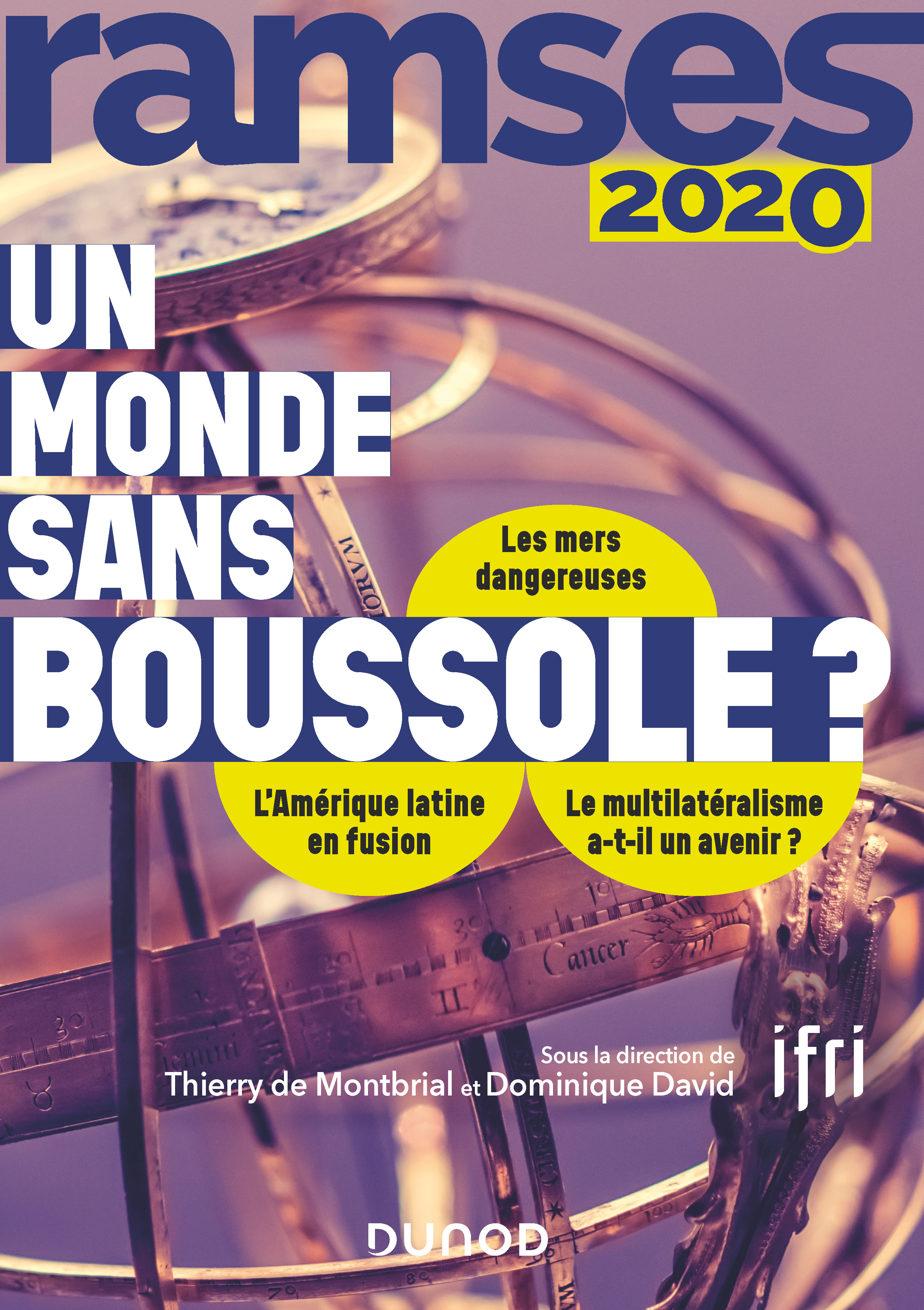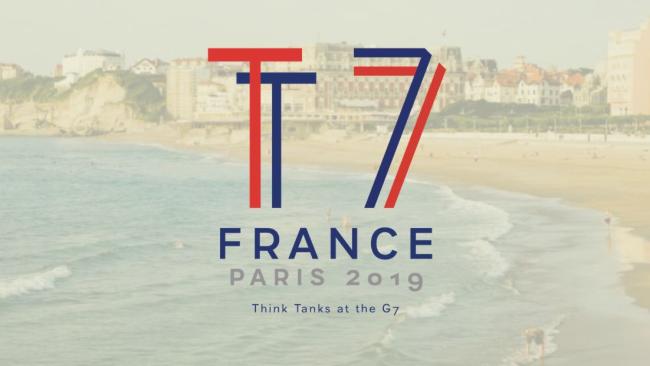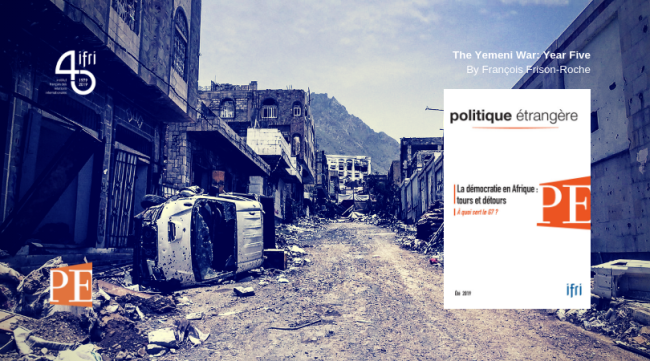Societies
The existence of an international civil society is the subject of theoretical debate. But beyond these debates, the study of societies remains essential to understanding how the world works.

The Right-wing Extremism in Germany. An Underestimated Threat?
In 2018, the Federal Office for the Protection of the Constitution classified 24,100 people in Germany as right-wing extremists. More than one out of two right-wing extremists is described as “violence-oriented”. These figures demonstrate the high level of threat in the German constitutional democracy, which has already manifested itself in the form of various terrorist attacks against foreigners, religious communities and more recently politicians.
China’s Social Credit System: A Chimera with Real Claws
China's Social Credit System remains a poorly understood combination of rating schemes and blacklists, but the consequences for individuals and businesses are very real.

French Foreign Policy in the Age of Polycrisis
Under the presidency of Emmanuel Macron, France has set itself the goal of strengthening its international presence, being more proactive and defining the European reform agenda. However, the French room for manoeuver is limited.
30 ans après la chute du Mur. Une Allemagne unifiée, une population désunie
Thirty years after the fall of the Berlin Wall, celebrations have taken a disappointing turn. The electoral successes of the far-right German party AfD (Alternative for Germany (in German: Alternative für Deutschland)) in Saxony, Brandenburg and Thuringia in September and October 2019 reflect growing unease and discontent in the new Länder faced with mitigated outcomes of the unification.
Social Networks: The Fight Against Illegal Content in Germany
The German Legislation on Improving Law Enforcement in Social Networks (Netzwerkdurchsetzungsgesetz – NetzDG), which came into force on October 1, 2017, is the legislative response to how social networks handle complaints about illegal content.

RAMSES 2020. A World without a Compass?
RAMSES 2020. A World without a Compass?, written by Ifri's research team and external experts, offers an in-depth and up-to-date analysis of geopolitics in today’s world.
Tackling inequalities and vulnerabilities: Why and how G7 development policies could do better
The G7 has made the fight against inequality a crosscutting issue for the Biarritz Summit. The Development Ministerial will address issues of vulnerability, especially the Sahel Alliance. This focus on inequalities and vulnerabilities is nonetheless inseparable from a general discussion on financing sustainable development.
Think Tank 7 - Recommendation paper for the G7 Presidency
The Think Tank 7 (T7) is an engagement group that brings together the leading Think Tanks from the G7 countries in order to analyze and make recommendations on key issues of the G7 presidency.
The Yemeni War: Year Five
The war in Yemen has entered its fifth year, and the situation is more complex than ever.

The European Union in Crisis: What Challenges Lie ahead and Why It Matters for Korea
The EU is currently undergoing serious challenges from inside such as Brexit and strengthening Euroscepticism, rising populism and changing political geography, anti-immigration moods as well as retarded economic recovery.
Support independent French research
Ifri, a foundation recognized as being of public utility, relies largely on private donors – companies and individuals – to guarantee its sustainability and intellectual independence. Through their funding, donors help maintain the Institute's position among the world's leading think tanks. By benefiting from an internationally recognized network and expertise, donors refine their understanding of geopolitical risk and its consequences on global politics and the economy. In 2024, Ifri will support more than 70 French and foreign companies and organizations.














